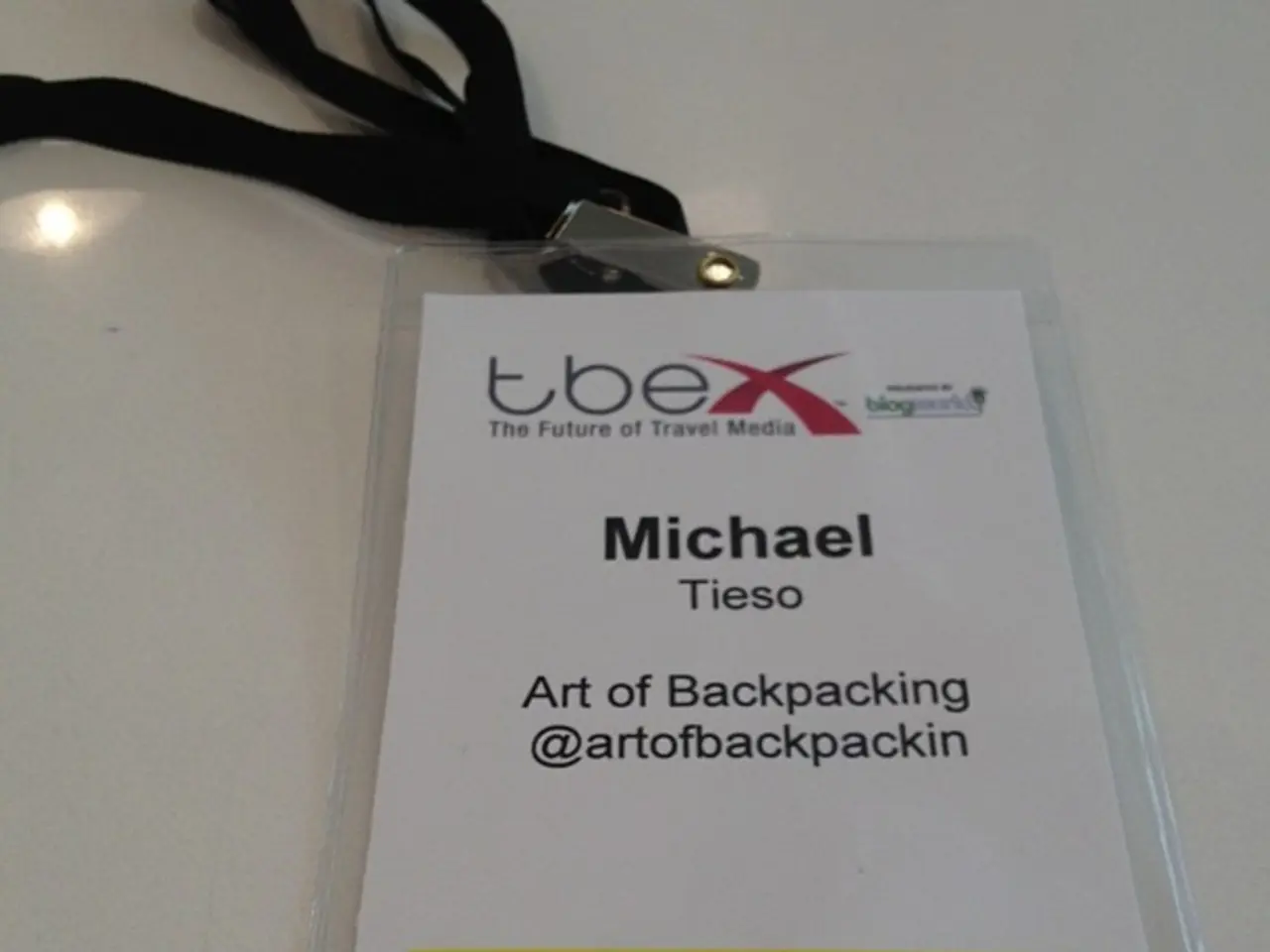Vacation Transformation Survey Suggests Altered Identity
In a recent survey, it was revealed that a significant number of American travellers adopt a unique persona while on holiday, with 45% of respondents admitting to acting differently during their travels. This transformation, often referred to as a travel alter ego, can range from the confident explorer to the quiet observer, and the results offer valuable insights into the cultural traits, expectations, and interpersonal dynamics that shape American travellers.
One of the most notable trends is the rise of solo travel, particularly among Millennials and Gen Z. These independent travellers seek self-care, freedom from coordination hassles, and opportunities to refresh quickly or meet new people. This can manifest as a confident or independent travel persona that prioritises personal experience over group conformity.
Another interesting finding is the expectation of fair treatment and consumer rights. Americans often anticipate transparent pricing and fair treatment as consumers. When this expectation is violated, such as in cases of tourist exploitation or inflated pricing, travelers may feel frustrated, embarrassed, or defensive, which can affect their behaviour and travel demeanor.
Assertiveness in transit situations is another characteristic that sets American travellers apart. While this assertiveness can sometimes clash with local or airline staff norms, it often stems from a "customer is always right" mindset or a heightened sensitivity to perceived unfair treatment.
Cultural clashes and travel ego can also be observed among some American travellers. In situations where travellers do not adapt to local customs or norms, they may come across as pretentious or inexperienced, particularly when they do not seek permission before moving someone else's bag, or react strongly to perceived slights or inconveniences.
Social media and sharing one's persona are also important factors in American travel behaviour. Many younger travellers actively project their travel experiences on social media, cultivating an adventurous or curated travel persona. The #solotravel hashtag and similar trends illustrate how travel alter egos online can emphasise independence, exploration, and lifestyle branding.
Financial constraints, work responsibilities, family dynamics, and social expectations are among the reasons why some travellers' travel alter egos can't stick around for long. However, the survey also revealed that 17% of those with a travel alter ego started a new hobby or passion during their travels, and 21% made new lifelong friends.
The survey also found that 47% indulge more in food and drink while travelling, 48% try foods they wouldn't normally, and 45% try activities they wouldn't usually. Interestingly, 40% report feeling more confident while travelling, and 43% feel calmer or more reflective.
In summary, common American travel alter egos range from the assertive consumer and solo adventurer to the socially engaged sharer and culturally confident tourist. These behaviours are shaped by expectations of fairness, independence, and self-expression, but can sometimes lead to misunderstandings or clashes abroad or within transit settings. Understanding these trends can help travellers navigate their experiences more effectively and foster a more positive impact on the destinations they visit.
While on holiday, some Americans might maximize their vacation by incorporating travel insurance to ensure a smooth journey, mirroring their lifestyle that values freedom and self-care. Conversely, others might embrace the culinary delights and local traditions, with 47% enjoying more food and drink than usual during their travels.




